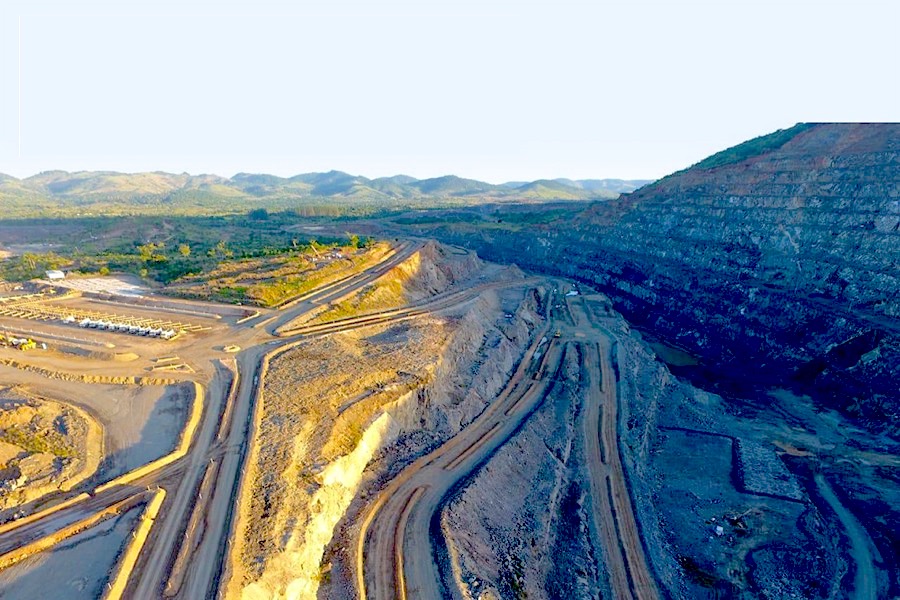
Atlantic Nickel, a Brazilian miner backed by London private equity mining fund Appian Capital Advisory has hired investment banks to explore sale options, capitalising on the increasing demand for metals used in electric batteries, four sources said.
Its sale process with Citi and Standard Chartered is the most advanced, with potential buyers currently working on first-round bids, according to the sources.
The company’s meetings with Canadian banks RBC Capital Markets and Bank of Montreal (BOM) focused on exploring a listing, possibly in Toronto, while Goldman Sachs is working on the option of going public by merging with a special-purpose acquisition company (SPAC), according to the sources.
Paulo Castellari, CEO of Atlantic Nickel and Appian Capital Brazil, declined to comment on the process, adding “that is the nature of our business… It will be sold at some point. Our focus here in Brazil is to make it work. Obviously it is a good time (to divest).”
Citi, GS and Standard Chartered declined to comment. BMO and RBC were not immediately available for comment.
Nickel’s usage is growing in lithium-ion batteries and the accelerated roll-out of electric vehicles is making certain types of the metal popular among investors, as it can be processed into battery precursor materials.
The more traditional use of nickel is in the processing of stainless steel for kitchen appliances and utensils.
Analysts expect shortages of copper, cobalt, nickel and other industrial materials needed for the shift to a low carbon world, partly due to underinvestment in the mining sector and accelerating demand.
Atlantic Nickel achieved capacity to produce 140,000 tonnes of nickel concentrate in 2020. Its assets in Brazil’s Bahia state are worth more than $500 million, one source estimated.
One of the sources familiar with the process put the value of Atlantic Nickel at over $1 billion.
(By Clara Denina and Marta Nogueira; Editing by Aurora Ellis)
Comments